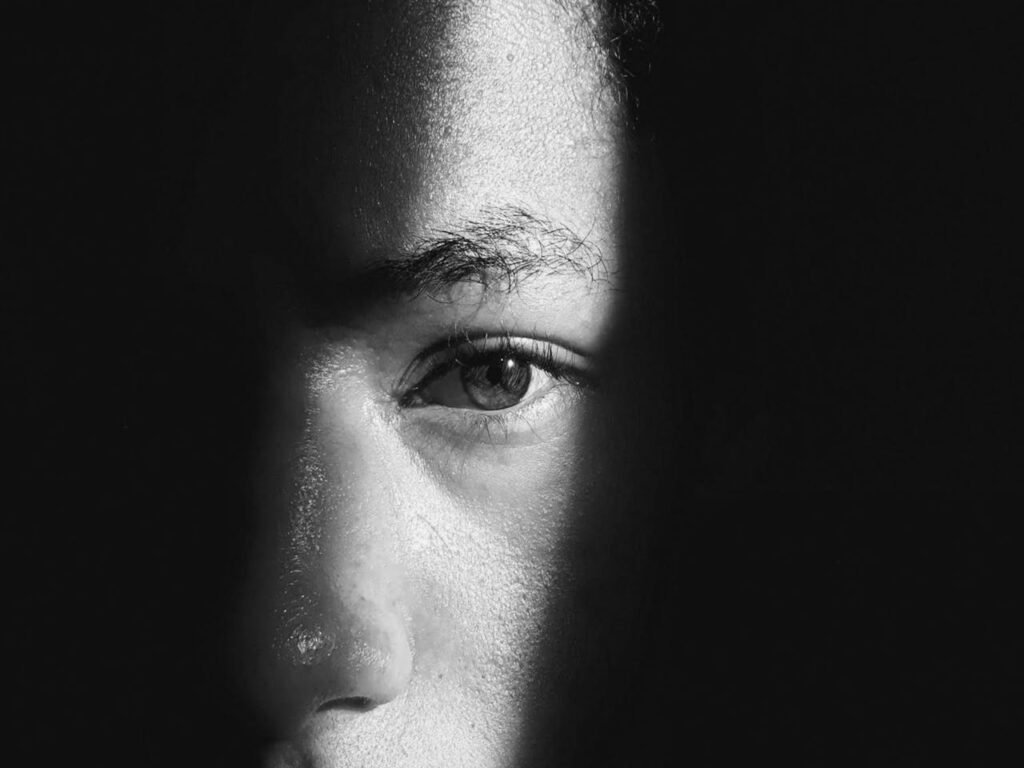Vitamin Deficiency: A deficiency of essential nutrients can weaken your eyesight. Lack of certain vitamins may cause blurry vision and other eye issues. It’s important to know which vitamins your eyes need to stay healthy.

Blurry Vision Could Be Due to Vitamin Deficiency – Know the Warning Signs
Vision problems are becoming increasingly common, even among young individuals. While screens and poor lifestyle habits are often blamed, nutritional deficiencies—especially in key vitamins—can silently impair your eyesight. Blurry or cloudy vision might not just be a matter of needing glasses; it could be your body signaling that something essential is missing.
Understanding the role of vitamins in maintaining eye health is crucial. Let’s take a deeper look into which vitamins impact your vision and how to ensure your eyes remain strong and healthy.
Vitamin A
Vitamin A is vital for protecting your eyes and maintaining overall visual clarity. It supports the production of pigments in the retina that allow us to see in low light. A deficiency can lead to night blindness, where the eyes struggle to adjust in dark environments. Over time, a lack of Vitamin A may also dry out the eyes and increase the risk of infections.
This vitamin also keeps the surface of the eye, known as the cornea, moist and smooth. Without it, you may develop dry eyes, which can be uncomfortable and damaging if ignored.
To naturally boost your Vitamin A intake, consider adding the following foods to your daily meals:
- Carrots – rich in beta-carotene, a precursor to Vitamin A.
- Sweet potatoes – packed with antioxidants and Vitamin A.
- Spinach and leafy greens – great sources of lutein and zeaxanthin, which complement Vitamin A for better eye health.
- Eggs and milk – excellent animal-based sources for quick absorption.
Vitamin B12
Vitamin B12 plays an important role in maintaining the health of the optic nerves. When your body doesn’t get enough of it, the nerves can become inflamed or damaged, potentially leading to blurry or dim vision. In extreme cases, prolonged deficiency can even lead to optic neuropathy, a serious condition affecting vision permanently.
This vitamin is especially important for vegetarians and vegans to monitor, as it’s mostly found in animal-based products. Those who don’t consume enough dairy or meat are at a higher risk of deficiency.
To maintain healthy B12 levels, include:
- Eggs – particularly the yolk, where most B12 is concentrated.
- Dairy products – milk, yogurt, and cheese are reliable sources.
- Fortified cereals or plant milks – good alternatives for those on plant-based diets.
If you’re still deficient despite dietary changes, a doctor may recommend supplements or B12 injections.
Vitamin E
Vitamin E works as a powerful antioxidant that protects your eye cells from damage caused by free radicals. Free radicals are unstable molecules that can harm healthy tissue, including the retina and lens. Over time, a lack of Vitamin E may not only cause blurred vision but also increase your risk of developing age-related eye diseases, such as macular degeneration or cataracts.
This vitamin helps maintain the strength and clarity of your vision, especially as you age. It also plays a role in supporting the health of the blood vessels in your eyes.
To get more Vitamin E naturally, eat:
- Almonds – just a small handful provides a significant amount.
- Sunflower seeds – ideal for snacking or adding to salads.
- Olive oil – use it in cooking or dressings.
- Avocados – packed with Vitamin E and healthy fats that support nutrient absorption.
Could It Be Cataracts?
While vitamin deficiencies are a common reason for vision issues, another possibility is cataracts—a condition where the lens of your eye becomes cloudy. Cataracts usually develop gradually and can start with minor blurriness or sensitivity to light. If left untreated, cataracts can grow denser and eventually lead to complete loss of vision.
This condition is more common in older adults, but it can affect younger individuals too, especially if they suffer from health issues like diabetes or prolonged exposure to UV rays.
Early signs include:
- Difficulty seeing at night
- Faded colors
- Frequent changes in prescription glasses
- Seeing halos around lights
If you notice these symptoms, don’t delay seeking medical attention. Early diagnosis can help prevent further damage, and treatments like surgery are highly effective in restoring vision.
Disclaimer: Dear reader, thank you for reading this news article. The purpose of this content is to raise awareness about the role of nutrition in eye health. The remedies and information provided here are based on general health knowledge and publicly available sources.
Also Read:
- Burn Belly Fat Fast: Add These to Curd Daily
- Barefoot Morning Walk on Grass: Amazing Health Benefits!
- Does Pulses Increase Uric Acid? Foods You Must Avoid
Author

Anaya M.
Anaya M. is a health and fitness writer at InsightIndia.in, dedicated to making wellness simple and accessible. With a keen interest in healthy living, nutrition, and fitness trends, she crafts practical and informative articles that empower readers to lead healthier lifestyles every day.
















